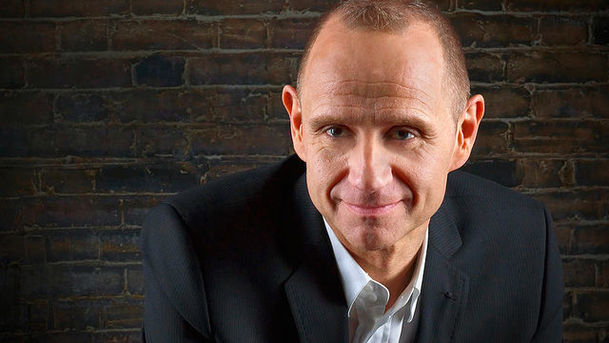Evan Loves Tax - Episode 2

The Coalition is keen to simplify our tax system. But why, asks Evan Davis, has it become so complicated in the first place? To find out, Evan talks to former Chancellors Geoffrey Howe, Nigel Lawson, Norman Lamont and Alistair Darling; to Gordon Brown's former economic advisor Ed Balls; to Dave Hartnett, the head of HM Revenue and Customs; and to John Whiting, who now leads the Government's new Office for Tax Simplification Hartnett tells him that, as the man charged with administering it, even he thinks the tax system is too complicated. The former Chair of the Inland Revenue, Sir Nicholas Montagu, goes further: he says the whole way tax law is made needs to be questioned. And Evan reveals the surprising results of a poll specially commissioned for the programme on public attitudes to making our taxes simpler. He traces the story of the reduced rate of income tax. This ended in political disaster for Gordon Brown when he abolished the 10p rate. Economist Andrew Dilnot argues that the reduced rate was always a needless complication. Yet it was deployed by Labour and Conservative alike to send political smoke-signals to the electorate. Evan goes on to explore the byzantine world of tax avoidance schemes. These seize on the complexities of the tax code - through such bizarre means as paying employees in 'platinum sponge' - costing the Government billions. Along the way, Evan hears the tax system described as a triffid, a barnacled ship and a medieval map. And he reveals what he considers to be the funniest line in UK tax legislation. (Clue: it concerns footwear.) Finally, he visits Christchurch in Dorset and explores how, in 1993, this gentle seaside constituency took up arms against a change in the tax system. In 1993, Chancellor Norman Lamont simplified the VAT system, by ending the exemption on domestic fuel. The devastating by-election results that followed still ring in the ears of those who want to see the system made less complicated. Producer: Phil Tinline.